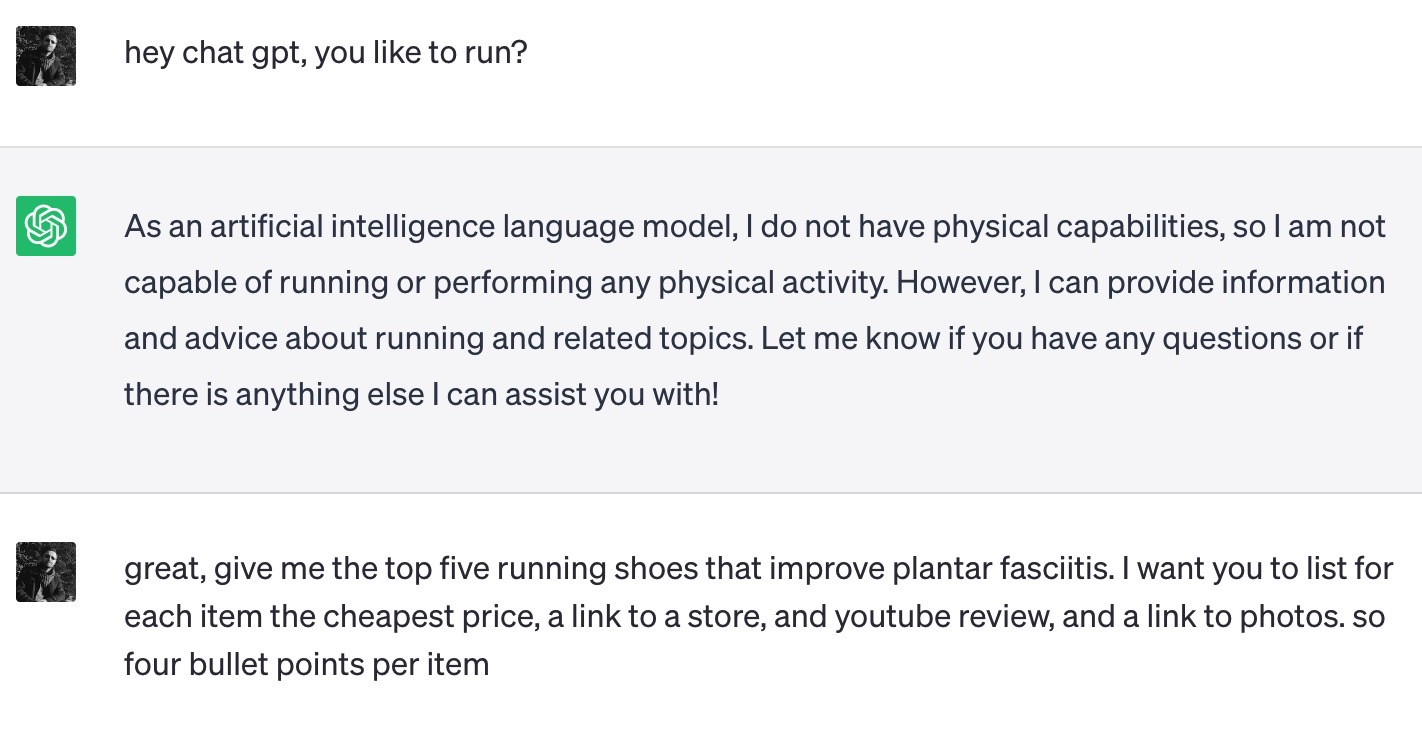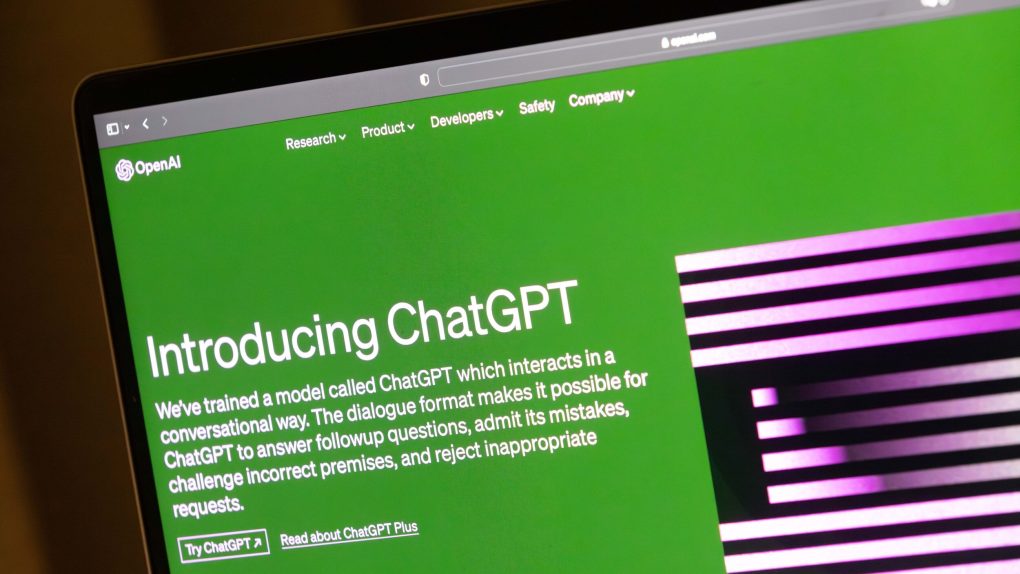I told you recently that I ran my first marathon using AirPods 2 and Apple Watch SE and that I trained for it with the help of ChatGPT. So, why was my first marathon slower than expected? That’s simple, actually, and something I’ll prove in this post: I didn’t stick to ChatGPT’s training regimen, and I paid the price after some 34 km (21 miles) into the race.
I completed the marathon race limping as pain started kicking in. I knew I only had myself to blame.
Had I stuck to the training plan, I’m sure I’d have gotten a much faster time. I actually knew this going into the race, that I wouldn’t hit my target time. I didn’t anticipate the pain that impacted the final quarter of the marathon.
I started using ChatGPT for marathon training by accident. Initially, I used the chatbot to help me find shoes that fit my particular needs. This was about a year ago, several months after my return to running. I used the pandemic as a big excuse to hide my laziness. I did run frequently before that, and I relied on iPhone apps to get me to run half marathons.

ChatGPT was indeed very helpful. I told the chatbot what I needed for my half-marathon training last year, and I ended up running my fastest 21K race ever. When I finished that race, I questioned the Apple Watch which was telling me that it was, in fact, my fastest half-marathon. Several 21K runs later, I know that it was.
Naturally, I decided to upgrade to running a full marathon race, and I got back to ChatGPT with my requirements. I told the chatbot I ran a half-marathon in under two hours and that I had about five months to train for a marathon where I aimed for a bold 3:30 time.
ChatGPT got me the training plan, meal suggestions included. What I was most interested in was a detailed schedule for running routines and drills that would make me faster. I wanted progress to happen as healthy as possible.
ChatGPT promptly offered me a recipe to get me there. This included various types of running drills with the aim of increasing the distance progressively and improving the pace.

I told the chatbot I’d incorporate strength training exercises and do them two to three times a week. That was one of my promises and a requirement that ChatGPT incorporated into the plan it offered. I never asked the chatbot for a strength training plan, as I was using iPhone apps to do that.
Unlike the semi-marathon ChatGPT training, I skipped leg day more than once. That is, I focused more on the running drills and ignored strength training. By late January, I got to 30 km (18.65 miles), the most I had ever run in one go. I felt great, and I was ready to get closer to the full marathon distance.
Then February happened, and a couple of respiratory infections not only messed with my running frequency but also “motivated me” to continue skipping leg days. I did return to strength training, but I didn’t keep up the required frequency. Nor did I get back to ChatGPT to update my training plan with the new realities. I had a big setback in February, so I needed to change my time goal and training schedule.
Instead, I figured I’d just focus on finishing my first marathon and ignore my goal time.
Going into the race, I knew I wouldn’t be able to make that 3:30 time, but I also knew I would be able to finish the race. Before mile 21, I was on track to finish it in 4 hours and 15 minutes, according to the pacers around me. But when the left knee pain kicked in, I had to slow down. I ultimately ended with a 4:44 chip time. As I said, my first was my slowest marathon ever.
Everything else about that race was amazing. I was well rested, well hydrated, and well fed. This is also thanks to tips I got from ChatGPT. I stuck to those parts, fully knowing there was no way to finish running a full marathon without the body having the proper rest and nutrients.
I’ll also point out that ChatGPT’s training plan helped my mind adapt to longer distances. The progression was smooth, and I just learned to adapt as mileage increased.
What I’m getting at is that generative AI products like ChatGPT can be very helpful for specific tasks. Yes, they might hallucinate information, like Gemini is currently doing at the top of Google Search. But you can always ask for links to back up their claims, whether you’re using AI for training for a marathon or other activities.
Also, now that I know I can run a marathon I plan on improving my time with each new race I sign up for. I’ll continue to use ChatGPT for training, and this time, I’m moving to the faster, better GPT-4o model. It’ll be very easy to do too. I plan to update my old prompts with all the new information to run a faster race, and that includes my “slow” marathon time and details about the pain I’ve experienced.
I say all that as someone who was active growing up. I played plenty of sports during high school and my 20s, but I didn’t start running in earnest until my early 30s. I completed my first marathon in my early 40s. And even though I’ve aged, I’m running faster and healthier than ever, and ChatGPT played a big part in that.








